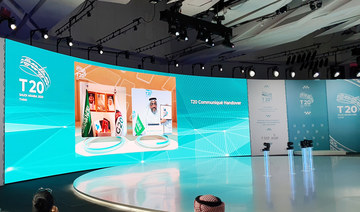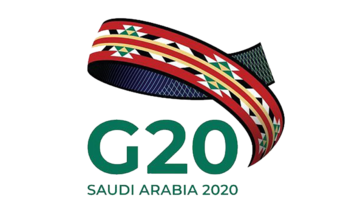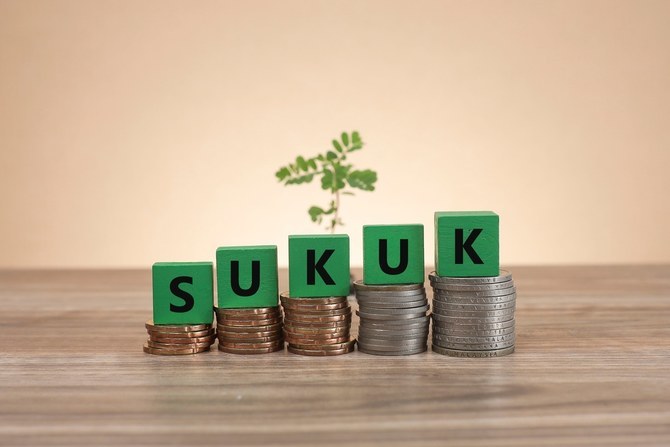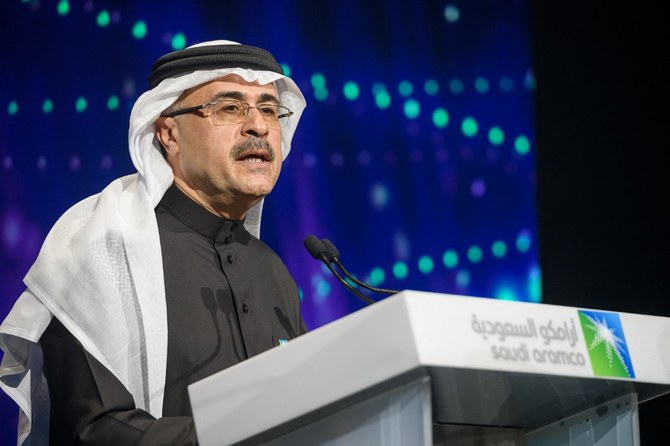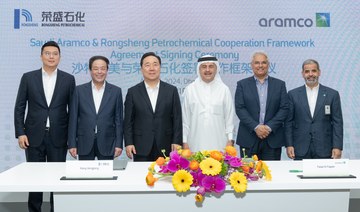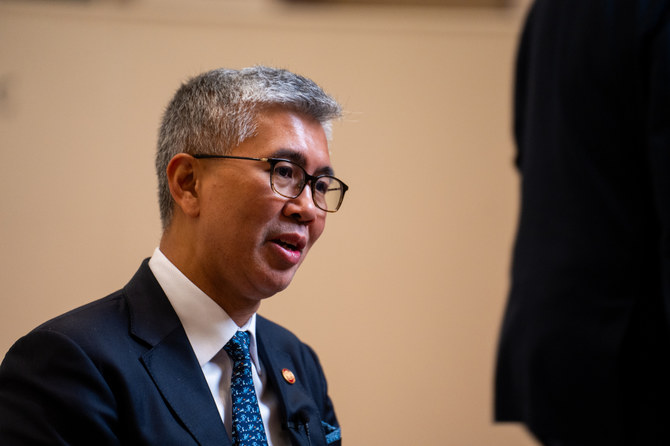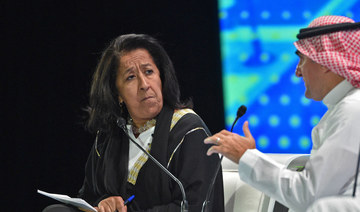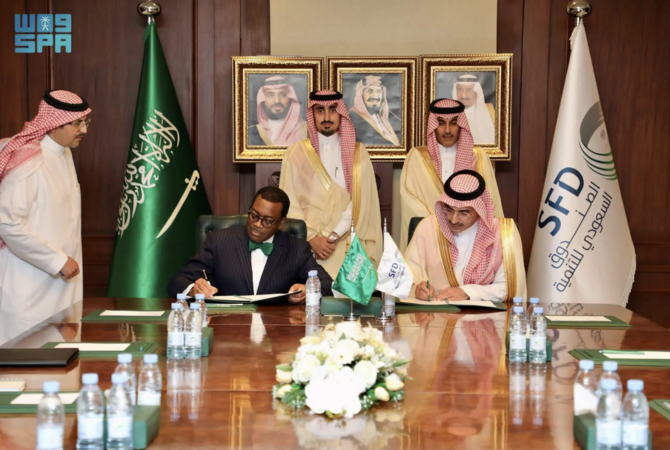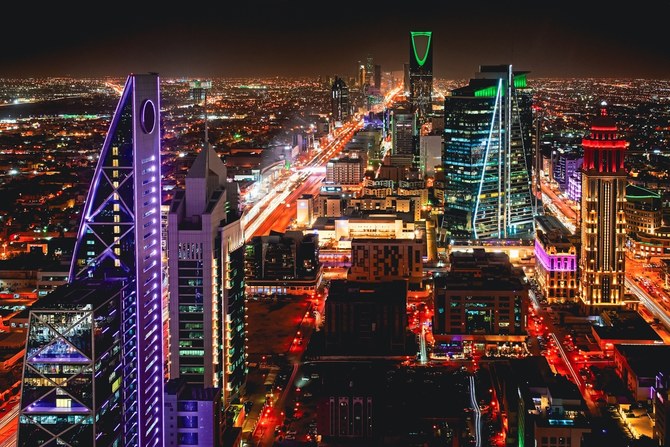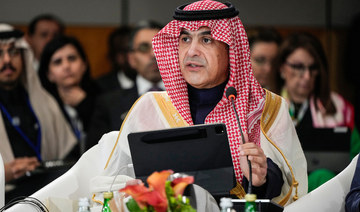RIYADH: Saudi Arabia dealt with the coronavirus pandemic in an exemplary way, leading from the front in its role as president of the G20, German Ambassador to Saudi Arabia Jörg Ranau has told Arab News.
In an exclusive interview, Ranau said: “The Saudi G20 presidency has dealt with the effects of the pandemic in an exemplary way. The decisions to hold the numerous meetings virtually were based on a thorough and realistic assessment of the global situation and bear witness to the presidency’s responsibility in this respect.
“It was clear since the beginning of the pandemic that the agenda had to be refocused. Saudi Arabia certainly can take the credit for not losing the other main issues of global economic interest and working towards sustainable solutions with all G20 members under difficult circumstances,” the envoy added.
On the G20 presidency shouldering the responsibility to help the world move forward in the right direction, the envoy said that multilateralism and the belief in finding solutions to global challenges together lay at the heart of the G20.
“Germany has been a staunch supporter of the G20 since its inception. Founded in reaction to the financial crisis in Asia in the 90s, the G20 developed into the principal forum for international cooperation. The themes of the Saudi presidency are highly topical and require attention by the international community as a whole. The results of the discussions and coordination of efforts made by the G20 regarding the fight against climate change, as well as youth and women’s empowerment, will be important guidelines for future international efforts,” said Ranau.
On expectations from the Riyadh summit, he said: “As globalization continues, we increasingly witness how differently people are impacted by its consequences. For instance, while CO2 emissions are created especially in industrially strong regions, the consequences of global warming are felt most by nations in the Global South. Similarly, while some regions have been able to prosper in conditions of peace with their neighbors, others continue to struggle with violent conflict. In times like these, multilateral fora like the G20 are among the most important instruments in our toolbox to address global inequalities, by streamlining our efforts and exchanging our best practices. Only then can the opportunities created by our globalized world be enjoyed equally by all.”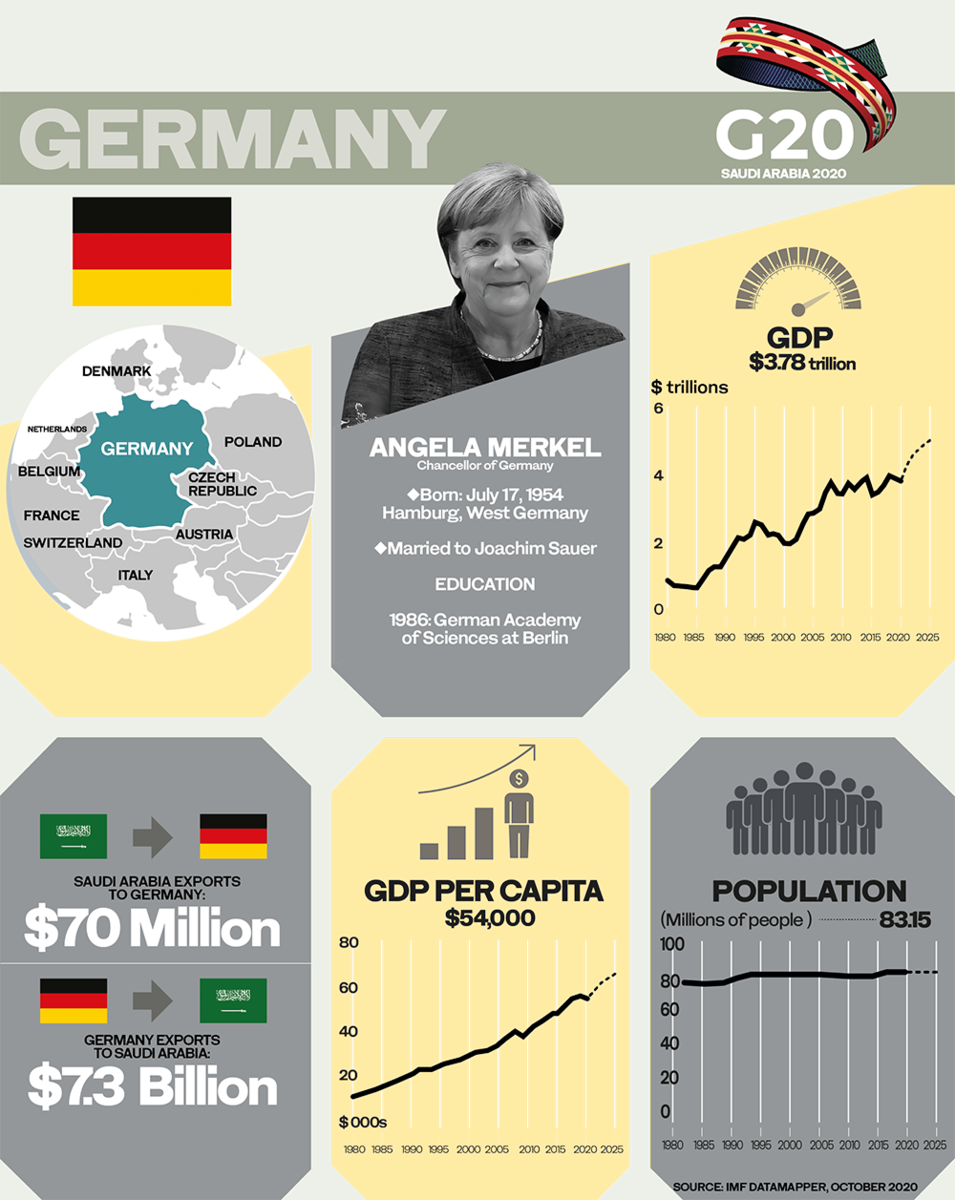
He said that the G20 agenda was broad. “Climate change is probably the most pressing challenge of our time. Fundamentally global in its nature, it is a prime example for an issue that can only be addressed effectively by the international community as a whole.
“Climate change is linked intrinsically to industrial and consumer activities, and the G20, as the world’s leading industrial nations, should therefore assume the associated responsibilities,” he explained. “We should aim for a broad and unequivocal commitment to the implementation of the Paris Agreement and its irreversibility.” He said that Germany had long advocated for a prominent place of sustainable development on the G20 agenda. Under the Japanese presidency, the G20 committed to a timely implementation of the 2030 Agenda for Sustainable Development.
“It is thus fitting that the Saudi presidency seeks to implement concrete actions to finance the 2030 sustainable development agenda. It is also important that the Saudi presidency continues to advance the compact with Africa, initiated under the German G20 presidency in order to promote private investment in Africa,” he added.
On the need for resolutions for more employment and growth, the ambassador stated: “As we work towards the goal of an attractive economic future for our youth, employment and growth opportunities will clearly represent a major focus.
“Our dynamic markets are connected by trade, and I am convinced that a fair and free, rule-based global trade regime is needed to foster such an environment,” he said.
“Let me also mention finance, which plays a crucial role for the G20. Here we need to work on fair taxation for the digital economy. And we need to work towards a more level playing field for corporate taxes. This is an area where a solution is due in 2020,” he added.
Saudi Arabia hosting the 2020 G20 summit as the first country of the Arab world offers it the opportunity to share the perspective of the Middle East and North Africa region, the envoy said. “Saudi Arabia lies at the crossroads of two continents and at the intersection of emerging and developed markets. To make the G20 a truly global forum, issues such as youth and women’s empowerment, cleaner and more sustainable energy systems or water management need to be addressed from all conceivable angles and the regional perspective is of great importance in the G20 discussions,” said Ranau.

German Ambassador to Saudi Arabia Jörg Ranau
He said the relationship between Saudi Arabia and Germany was longstanding, with important connections in the economic, political and cultural fields.
“As the different delegations from Germany will attend the ministerial meetings and ultimately the Riyadh summit, existing Saudi-German ties will be strengthened and new connections will be created,” he added. “Over the past years, we have witnessed the tremendous reform progress Saudi Arabia is undergoing, illustrated most recently by the manifold activities that were offered during the Riyadh season,” he said.
“Saudi Arabia has a lot to offer both for old and new visitors, and I will remain an interested witness during my posting as ambassador to this country,” said Ranau.
On the opportunity for Saudi society and its economy, on the path to diversification through Saudi Vision 2030, he said: “Saudi Arabia’s G20 presidency also stands symbolically for the country’s overall opening towards the world. Saudi Arabia has embarked on a major social and economic transformation: Vision 2030. Many aspects of it, such as empowering youth and women, or fostering small and medium sized enterprises, are mirrored by the G20 Agenda.
“I hope that the discussions at the G20 summit will be driven by the same ambition and innovative spirit that characterizes the Saudi Arabian reform process. Surely this year, more than ever, there is the need and the opportunity for a meaningful output by the G20 summit,” he added.




